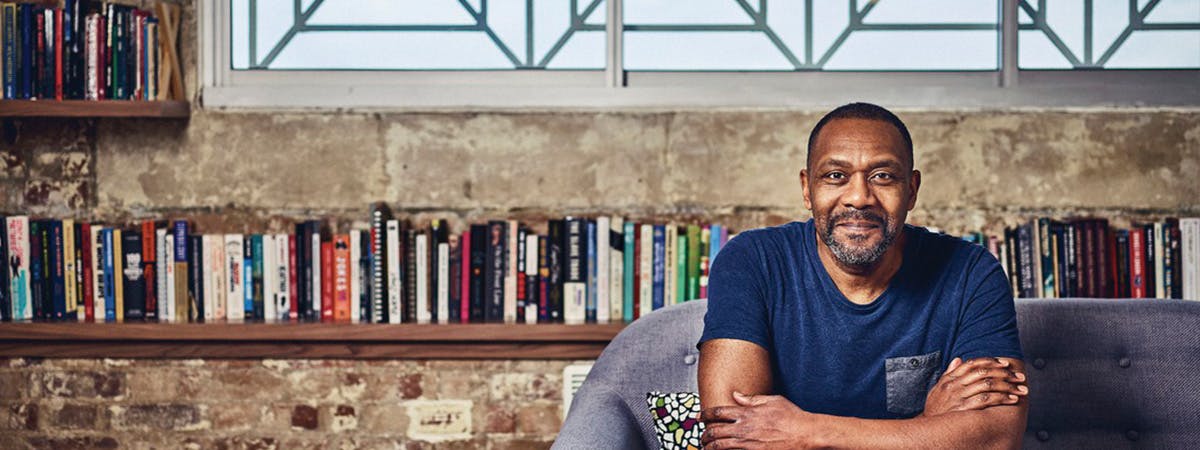The Media Weekly: Return of the Mac-ro economic revenue portfolio
After a year dominated by talk of revenue diversification, global advertising growth is reportedly set to hit record levels in 2021. Meanwhile, Future clarifies its position on home working, UK broadcasters ditch the term BAME, and it’s Time for Kids in China. It’s another week in global media, and we’ve got the latest for you here…
Global ad revenues set to hit record figures for 2021
This year, the US and worldwide ad economies will have expanded at their fastest ever rate. That’s a prediction that was last week made by three major US forecasting companies (IPG Mediabrands’ Magna, WPP’s GroupM, and Publicis Media’s Zenith), who have all revised their ad-growth consensus upwards. The new figures highlight more than three percentage points to +19.8% for the US and up four percentage points to +17.1% for the rest of the world.
It’s fair to say that as Google has increasingly come to the negotiating table, and Mark Zuckerberg has turned his attention away from the pages of Facebook and towards the metaverse, the industry has seen a renewed focus on ad-spend. We recently spoke to The Washington Post about its internally created (US) industry-wide ad-network Zeus, and how a first-party data approach can fuel the future of premium content advertising.
And speaking of the Future…
… (every week I’m gonna do that) the UK-led global publishing giant last week clarified its position on home working, after the Guardian reported that the company would not allow staff to work from home during the latest stage of the Covid-19 pandemic. In a subsequent communication also reported by the Guardian, Hazel Boyle, Future’s Chief People Officer, said that attending the office “is not a mandatory requirement” and that “if anyone does not feel comfortable coming in to work for whatever reason, then they are under no pressure to do so and should feel free to work from home instead.”
The issue of how media owners are beginning to transition back towards the ‘post’ Covid-19 world is one we’ve looked at extensively in recent weeks and months. And here, in our latest piece published last week, FIPP Reporter Ashley Norris asks the question (and provides some answers): Post-Omicron – what’s the future for events and conferences?
Leading broadcasters to ditch the phrase ‘BAME’
One thing that will definitely be ditched by UK media – both in the home and the workplace – is the term BAME. That’s because the BBC, ITV, Channel 4 and Channel 5 have announced their decision to drop the term (which refers collectively to black, Asian and minority ethnic people) completely. The decision comes in response to the findings of a report undertaken by the Sir Lenny Henry Centre for Media Diversity, which concluded that there “was a lack of trust” around the term.
The report also said that not using the expression BAME would help to ensure better representation and to boost diversity by acknowledging the unique experiences of people from different ethnic backgrounds.

Time and Cricket Media launch Time for Kids in China
Jumping timezones to China’s Liaoning peninsula, and Time for Kids has announced a new partnership with Cricket Media, award-winning publisher and eLearning provider for children in the United States and China. Cricket’s NeuPals business in Dalian will publish Time for Kids in English and Chinese for the home and school markets providing insight into current events, nature, technology, and global culture. Time for Kids will also provide English language resources for an estimated 400m children learning to speak and read English in China. Full story here.
As for FIPP…
We last week announced the launch of a brand new media podcast, dedicated to lifting the curtain on the global industry and unveiling some of the human voices behind the brands that we all know and love. Media Unscripted, presented by FIPP in partnership with PressReader, provides conversational views from across media sectors, featuring industry leaders from different markets around the world.
“It’s unscripted, unedited, and unafraid to ask the awkward questions,” says Podcast Host & Industry Journalist, Charlotte Ricca. “The transparent format provides guests with that increasingly rare commodity in today’s PR-conscious interview landscape: the opportunity to be themselves. In return, they provide us with some great insights into their passions, opinions, personal experiences, and some of the reasoning behind why they do exactly what they do today.” You can find out more and listen here.

Main Image: Adobe/Наталия Кузина











